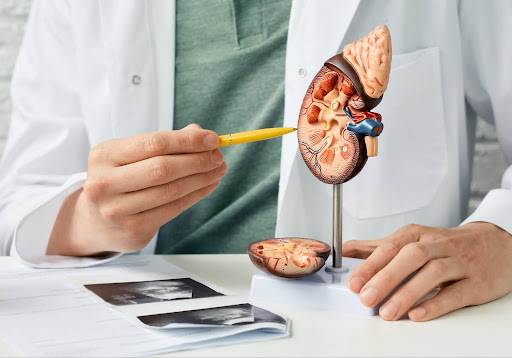
Whenever you visit a new doctor or specialist, you may wonder how to best prepare for your appointment. Urology deals specifically with the urological system, including the urinary tract and male fertility. While there may be similar protocols as there would visiting any other doctor, there are also ways to prepare for a urology appointment that are unique to the urology medical field. If you have a urology appointment scheduled, here are some of the ways you can prepare, as well as some ideas of what you can expect.
Don’t go with an empty bladder
It is a standard practice to provide a urine sample at your urology appointment, so it’s best to wait to use the restroom once you’ve reached your doctor’s office. If you have a condition where it’s difficult to hold urine in, bring a water bottle with you to drink just before your appointment.
Be prepared for paperwork
As with any other medical appointment, paperwork helps to inform your doctor about your current condition and your medical history. At Alliance Urology, new patients will be asked to fill out a registration form as well as a Physical and History sheet, so make sure you come prepared with insurance information and a good understanding of your family’s medical history. It’s also a good idea to arrive at your appointment a few minutes early to ensure you have enough time to thoroughly fill out all required paperwork.
Bring your medications with you
Be prepared to provide a full list of medications including over-the-counter drugs, vitamins, supplements, and prescriptions. Even if the medication isn’t related to your genitourinary system, it may help give insight to other conditions that may have effects on your urologic problems. If you don’t think you’ll be able to remember the names of certain medications, it’s recommended that you bring them with you.
What you can expect at your urology appointment
After the initial preparations and paperwork, the next step at your appointment is typically a physical exam. During this exam, the urinary tract system will be examined, and if there are issues with the penis or testicles, those will be examined as well. A digital rectal exam may become necessary when assessing the prostate. Depending on your condition, other possible tests or examinations may include:
Blood tests
When it comes to detecting inflammation in the prostate, a PSA (prostate-specific antigen) blood test can help determine the underlying cause. To assess kidney function, a creatinine and blood urea nitrogen blood test measure the levels of creatinine in your blood. To evaluate male erectile dysfunction, a testosterone blood test can help form a diagnosis.
Imaging Techniques
Using imaging tools like ultrasounds, CT, and MRI can help identify problems in the genitourinary system. A cystoscopy is a minimally invasive way to identify abnormalities in real-time.
Make an Appointment
Alliance Urology Specialists is home to an expert team of urologists that are committed to providing comprehensive care to adults with urologic disorders and other conditions that may affect sexual health. If you have questions or concerns about a urologic condition call our office at (336) 274-1114 to make an appointment.

